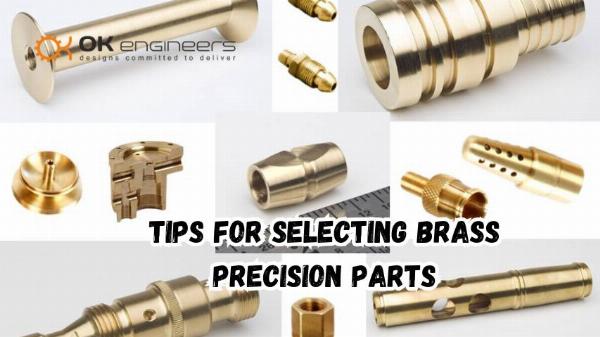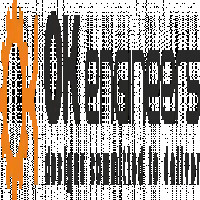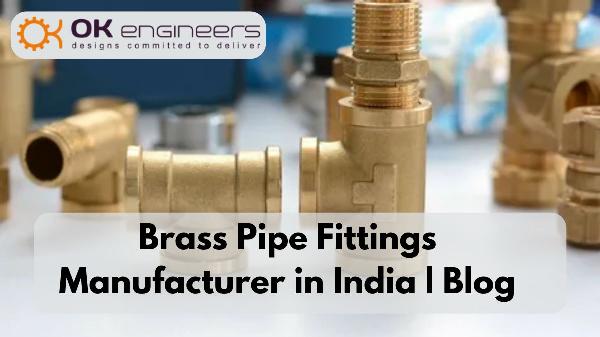Tips for Selecting Brass Precision Parts

Strong 8k brings an ultra-HD IPTV experience to your living room and your pocket.
Introduction
In the realm of manufacturing and engineering, the selection of precision parts is crucial for ensuring the performance and reliability of machinery and equipment. Brass Precision Parts, in particular, are valued for their durability, machinability, and aesthetic appeal. Whether you're sourcing parts for a high-precision application or a custom project, understanding how to select the right brass components is essential. This guide will provide practical tips for choosing brass precision parts, with a focus on how to make informed decisions.
1. Understand the Application Requirements
Before selecting brass precision parts, it's important to understand the specific requirements of your application. Consider factors such as the operating environment, load-bearing capacity, and tolerance levels. Brass components can be used in various applications, from automotive to aerospace, so ensuring that the chosen parts meet the specific needs of your project is key.
2. Know the Different Types of Brass
Brass comes in several alloys, each with distinct properties. The most common types include:
Copper-Zinc Brass: Known for its corrosion resistance and machinability. Suitable for general-purpose applications.
Copper-Zinc-Lead Brass: Contains lead, which enhances machinability but may affect strength. Ideal for parts requiring complex machining.
Brass with Tin: Provides increased strength and resistance to corrosion. Often used in marine and outdoor applications.
Understanding these types will help you choose the brass alloy that best suits your application's requirements.
3. Evaluate Machinability
Brass is favored for its excellent machinability, but different alloys offer varying levels of ease in machining. When selecting brass precision parts, consider how easily the material can be machined to the desired specifications. High-quality brass should allow for tight tolerances and complex designs without excessive tool wear or difficulty.
4. Check for Tolerance and Accuracy
Precision parts often require tight tolerances and high accuracy. Ensure that the brass components you select can be manufactured to the precise specifications needed for your application. Working with reputable manufacturers who provide detailed tolerance and accuracy information will help ensure that you receive parts that meet your quality standards.
5. Assess Corrosion Resistance
Brass is naturally resistant to corrosion, but different alloys offer varying levels of protection. For applications exposed to harsh environments or moisture, consider brass alloys with enhanced corrosion resistance. For example, brass with higher zinc content generally offers better resistance to corrosion compared to other alloys.
6. Consider the Aesthetic Appeal
Brass is known for its attractive appearance, which can be an important factor in applications where aesthetics are a priority. The natural golden color and lustrous finish of brass make it a popular choice for decorative components. Ensure that the brass parts you select not only meet functional requirements but also align with the desired aesthetic of your project.
7. Verify the Manufacturer's Reputation
When purchasing brass precision parts, work with reputable manufacturers who have a proven track record of quality and reliability. Research the manufacturer's reputation, read customer reviews, and request samples if possible. Established manufacturers will provide consistent quality and reliable service, which is crucial for maintaining the performance and longevity of your components.
8. Review Certification and Compliance
Ensure that the brass precision parts you select meet industry standards and certifications relevant to your application. Certifications may include ISO standards, ASTM specifications, and other relevant quality assurances. Compliance with these standards ensures that the parts are manufactured to high quality and performance levels.
9. Evaluate Cost vs. Quality
While cost is an important factor, it should not compromise the quality of brass precision parts. Evaluate the balance between cost and quality, and consider long-term benefits such as durability and performance. Investing in high-quality brass parts may result in better performance and reduced maintenance costs over time.
10. Explore Customization Options
In some cases, off-the-shelf brass precision parts may not meet all your requirements. Look for manufacturers that offer customization options, allowing you to specify dimensions, tolerances, and other features. Custom brass parts can be tailored to your exact needs, ensuring optimal performance and fit for your application.
Brass Turned Parts Jamnagar: A Notable Mention
When sourcing brass precision parts, particularly brass turned parts, consider looking at Jamnagar, a city renowned for its brass manufacturing industry. Jamnagar is home to numerous skilled manufacturers specializing in brass turned components, offering a wide range of high-quality products. These manufacturers are known for their expertise in producing precision parts with tight tolerances and excellent machinability.
Conclusion
Selecting the right brass precision parts involves careful consideration of various factors, including application requirements, alloy types, machinability, and corrosion resistance. By following these tips and working with reputable manufacturers, you can ensure that you choose components that meet your project's needs and deliver reliable performance. For those interested in high-quality brass turned parts, exploring options from Jamnagar can provide additional opportunities for sourcing top-notch components. Whether you're working on a large-scale industrial project or a custom design, making informed decisions about brass precision parts will contribute to the success and efficiency of your application.
Note: IndiBlogHub features both user-submitted and editorial content. We do not verify third-party contributions. Read our Disclaimer and Privacy Policyfor details.




